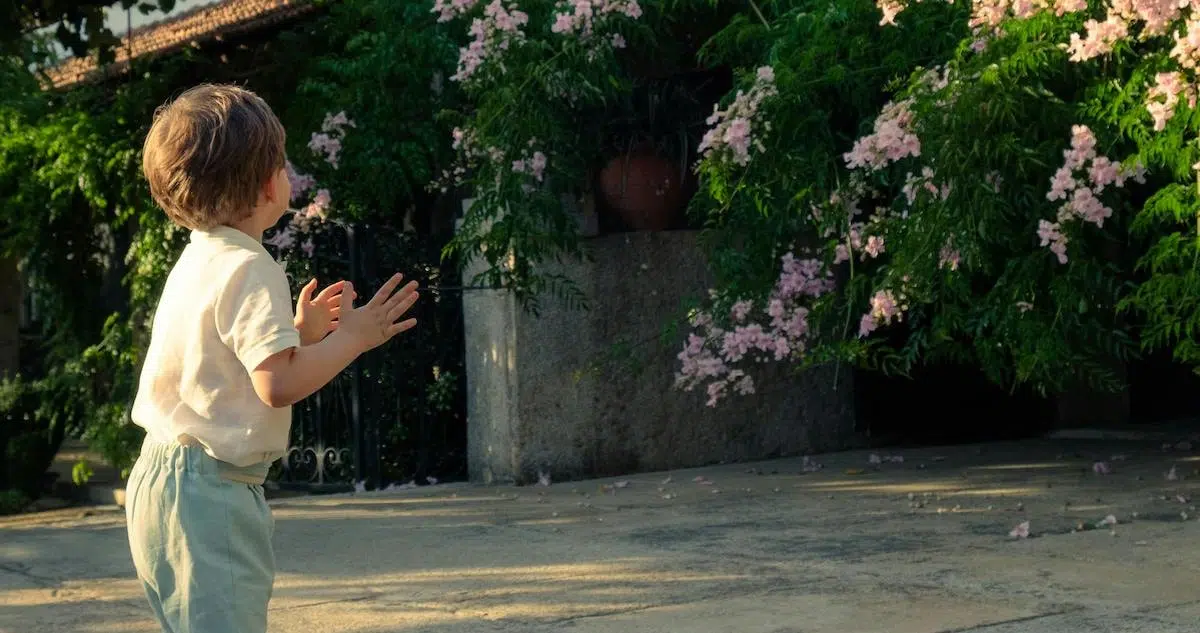Reframing the conversation around disabilities and differences
Kiindred
Kiindred
Up next
In this article
Disability can often feel like somewhat of a dirty word, and in many ways has almost come to mean less than. It often comes with negative connotations; parents may be afraid of it, teachers may be unsure how to manage it and therefore children end up developing their own negative feelings towards it. However, it’s so crucial that we reframe this idea of disability as negative. And this really starts with the conversations we have in our homes. Whether it’s your own little one with a diagnosed disability, or perhaps a friend or someone in their class, your child is likely to have someone in their life with a disability or learning difficulty and they’re likely to have questions.
Why is our terminology important?
“Disability almost has this meaning of less than and it’s really important that we reframe this word,” says Kiindred’s resident psychologist Jaimie Bloch of MindMovers Psychology. “Because it’s not an empowering or supportive word, it’s a shaming word.”
“A nice way to reframe disability would be looking at it as a learning difference because your child isn’t less than, but that they just have a learning difference. Learning differences doesn’t mean that they’re not equal to their peers, it just means that they learn or understand things in different ways and this can also be a strength, sometimes – it’s not always a weakness.”
What we can do as parents
Often parents feel a lot of shame around their own children’s “differences” be they perceived or diagnosed, and so we really need to take a step back and look at what we’re basing this off. Is it based on a very rigid set of academic ideals that haven’t been updated in the last 100 years? A structured 9 am-3 pm school system which expects our little ones to sit still in class and read and write for two hours before they have control over their impulses and their brains yet.
“When we place importance on academia when our child is struggling, what we do is we influence their self-concept and their self-esteem,” says Jaimie.
“We’re telling our child that school is important and if you’re not good at school, then you’re not good enough. And that’s not the message we’re trying to send our children.”
So it’s up to us as parents to decide, at least in these early years, what we want our child’s self-esteem to be based on and what their self-concept is going to be.
It’s about focusing on the things that they are good at, their strengths as well as values – the things about them as a person that makes them special and important. Then when we can channel their strengths we can help uplift them.
That way if they do have a disability or learning difference – or their friend does – then they’re not going to be so fixated on differences and challenges because they’ve got these other resources around them on which they base their self-esteem and sense of achievement.
As adults, we often forget we all need self-esteem and self-concept for resilience no matter how old we are. If we don’t have that, then we’re not actually able to get through the challenges that we’re faced with. Especially those ones that a disability might present.
The work we put in now creates the foundations for later in life. These are the building blocks as they grow into preschoolers, teenagers and eventually confident and compassionate adults.
Sign up
Get tailored content based on your week of pregnancy
By signing up, you agree to receiving our Newsletters. Cancel anytime.



Related articles
5 things your toddler’s tantrum might be trying to tell you
How much playtime does my toddler need?
The key to calming an over-excited toddler
Related Articles
Trending
Kiindred
Follow +Brought to you by the Kiindred Editors. Our team are committed to researching and writing on all the things we know you will want to know about, at each stage of your pregnancy and parenthood journey.









